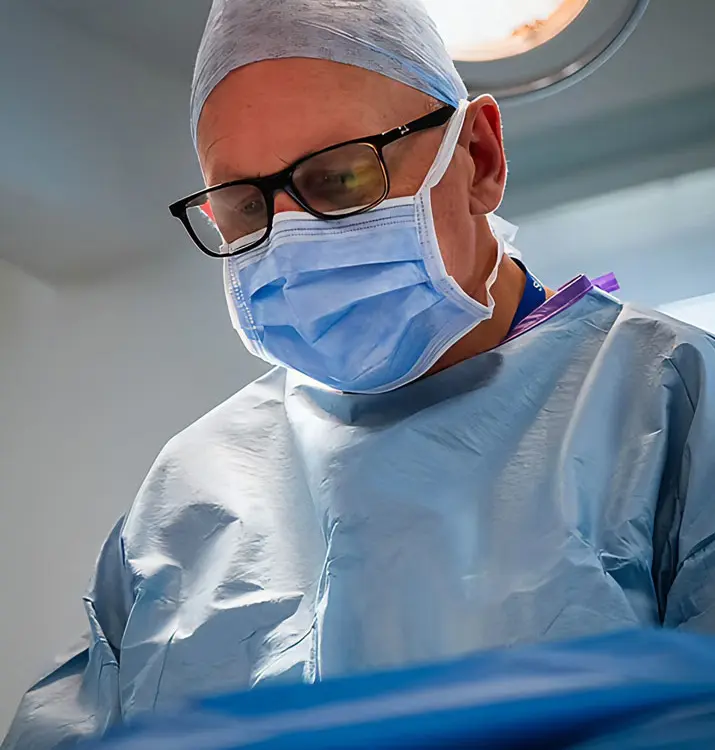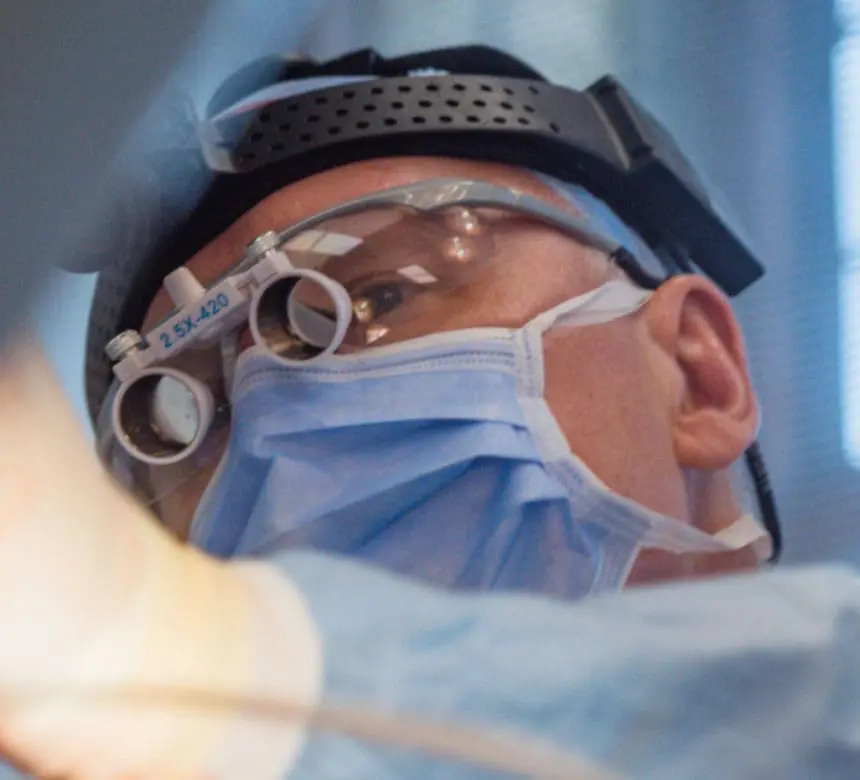
Body
Body image, body dysmorphia and low self-esteem
- Published by Mr Paul Wilson
- 05 July 2017
For anyone considering cosmetic surgery, it can lead to some mixed emotions. So, we thought it would be worth tackling some of the perceptions and terminology surrounding it.
Self image
Social media and the prevalence of “selfies” has been widely lambasted for contributing to the growing incidence of poor self-esteem and body image issues.
There are lots of headlines about the way in which touching up photographs of models and celebrities also increases the likelihood of individuals feeling dissatisfied with their own appearance.
This is particularly true in adolescents, of course, who find themselves in fevered competition to look amazing and get as many “Likes” as possible.
Snapchat filters could be said to add to this trend – enabling people to add sheen and additional features to their profiles to mask their true appearance.
Sometimes the low self-esteem created by this is temporary and goes away when a user stops looking at the images. However, there is a difference between that and having more ingrained and debilitating shyness and concern about physical features such as nose and breast size.
Or, setting yourself goals to enhance or amend physical features to be “the best version of yourself”.
The good news is, the best cosmetic surgeries have the insight and intuition to identify these issues, so you know you’re choosing cosmetic surgery for all the right reasons.
How cosmetic surgeries help
One of the first things a reputable plastic surgeon would do is to chat to patients about their concerns and aims.
Having a face lift, nose job or breast enlargement is often a robust and long-term solution to address confidence issues. However, it’s our ethical and medical duty to provide the procedures in a way that manages expectations and offers individual solutions.
What is body dysmorphia?
We are skilled at differentiating self-esteem issues from body dysmorphia. This is a far more serious mental health issue which often leaves individuals believing they have flaws, when in fact no flaw exists. Or they become fixated on aspects of their appearance and feel compelled to take sometimes drastic action.
In those cases, it’s unlikely that plastic surgery would change their anxieties and misperceptions. What they need is psychological intervention and cognitive support to work through the underlying issues.
The Bristol Cosmetic Surgery believes firmly in the responsibility of the cosmetic surgery sector to help people feel and look their best, within industry guidelines and measures.
Anecdotal evidence is clear. The Bristol Cosmetic Surgery team treats each patient as an individual, and we offer life-changing solutions when procedures we offer can address real and abiding concerns and goals. Contact us today to get advice about any procedure you’re considering.
Related Articles
Explore our Related Articles section for more in-depth insights and expert guidance on aesthetics, skincare, and wellness.










